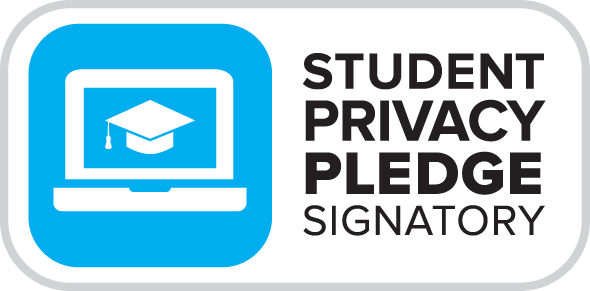< Return to News
Emotional ABC's Profiled by AAP for Teaching Emotional Skills to Children
Winning product and company name: Emotional ABC’s
Ross Brodie, CEO and one half of the husband-and-wife team behind Emotional ABC’s, gave some insight into how two real-life parents ended up in the business of developing a social-emotional program for children and their parents. Emotional ABC’s was one of the 2014 Judges’ Award winners, honored for its unique contribution to the learning resource landscape.
The Inspiration: My wife and I have two boys. Soon we realized that we had no training for the job of parenting! We could support our children academically, but we had no adequate skills to help them deal with frustration, anger, sadness—with emotional issues—because we had never been taught basic emotional skills ourselves. (Yelling and slamming doors wasn’t working too well!) We started looking for a children’s primer on managing emotions but could not find a simple, fun program. There are plenty of excellent books about parenting, but we couldn’t remember the steps or the pages when it mattered, for example, during a child’s meltdown at the grocery store. We needed a product that communicated directly to our children.
The Audience: Emotional ABC’s is specifically geared for children ages 4-8, but it particularly helps parents who have had no actual emotional skills training because it models emotional skills. More than 20 years of studies show that children who learn emotional skills at a young age get better grades, have stronger relationships with their peers, teachers, and parents, and are less likely to engage in dangerous or destructive choices in middle and high school.
The Overview: A DVD, consisting of short segments, is the core of Emotional ABC’s and its ideas are reiterated throughout its other varied, kid-friendly components, including activity books, stickers, a music CD, cards, and more. The program has 2 main parts. The first part defines emotions for children. Using a narrator, short scenes with young children, and an animated character (Moody), children learn: what emotions actually are; how we experience emotions; that everyone has emotions (all the time); and how to recognize emotions. The second part of Emotional ABC’s builds on those acquired skills and shows children how to manage their feelings, even in emotionally charged moments, and make good choices.
We created the Emotional ABC’s “Toolbar,” which helps kids remember what to do in any emotional situation. The buttons on our toolbar are “Pause,” “Rewind,” and “Play.” Children learn to “Pause” and evaluate what they are feeling. Next they “Rewind” and think about what happened to create their feeling. Finally, after children have paused and done a rewind of the situation, they are in a mental position to choose the most appropriate action. We call this “Play.” It sounds simple, but, as a therapist told us, “Teaching people those steps is 90% of my adult practice!” It is so much easier to learn these skills at a young age than as an adult.
The program took more than two years to develop. We worked closely with therapists, psychologists, and educators, as well as with visual, film, and musical artists (a film composer created our “Moody Music” CD).
The Breakthrough: Unexpectedly, as we talked to many different types of specialists within the mental health care profession (child therapists, adult psychologists, marriage and family counselors, educators, etc.), we discovered that nearly all of them know and teach the same set of skills to manage emotions but that they didn’t always have a simple, easy-to-communicate method. We felt like all these people knew the “secret” to making good choices, and it was revealed to us that we could bring our experience to bear in making it understandable to both children and their parents! We hope our contribution to the field of children’s education is in simplifying the therapists’ language, making the techniques easy-to-remember in any situation, and creating a playful, artistic, and engaging product. In the long run, if children learn strong emotional habits, they will be able to have a lifetime of better choices and will be able to model these habits to their own children.
The Innovation: Our product is the only one we know of that focuses on the very beginning, basic building blocks of emotional literacy. Many programs teach social skills, but we believe Emotional ABC’s–and a thorough understanding of emotional skills—should be the precursor to those programs. Therapists have explained to us that strong social skills are not possible until a child understands his or her own emotional landscape. Also, Emotional ABC’s is unique in that it is a retail product marketed to parents, not to school districts. And, unlike parenting books, Emotional ABC’s models directly to the child so that the parent, who may not have emotional skills, can provide essential emotional training for their child.





